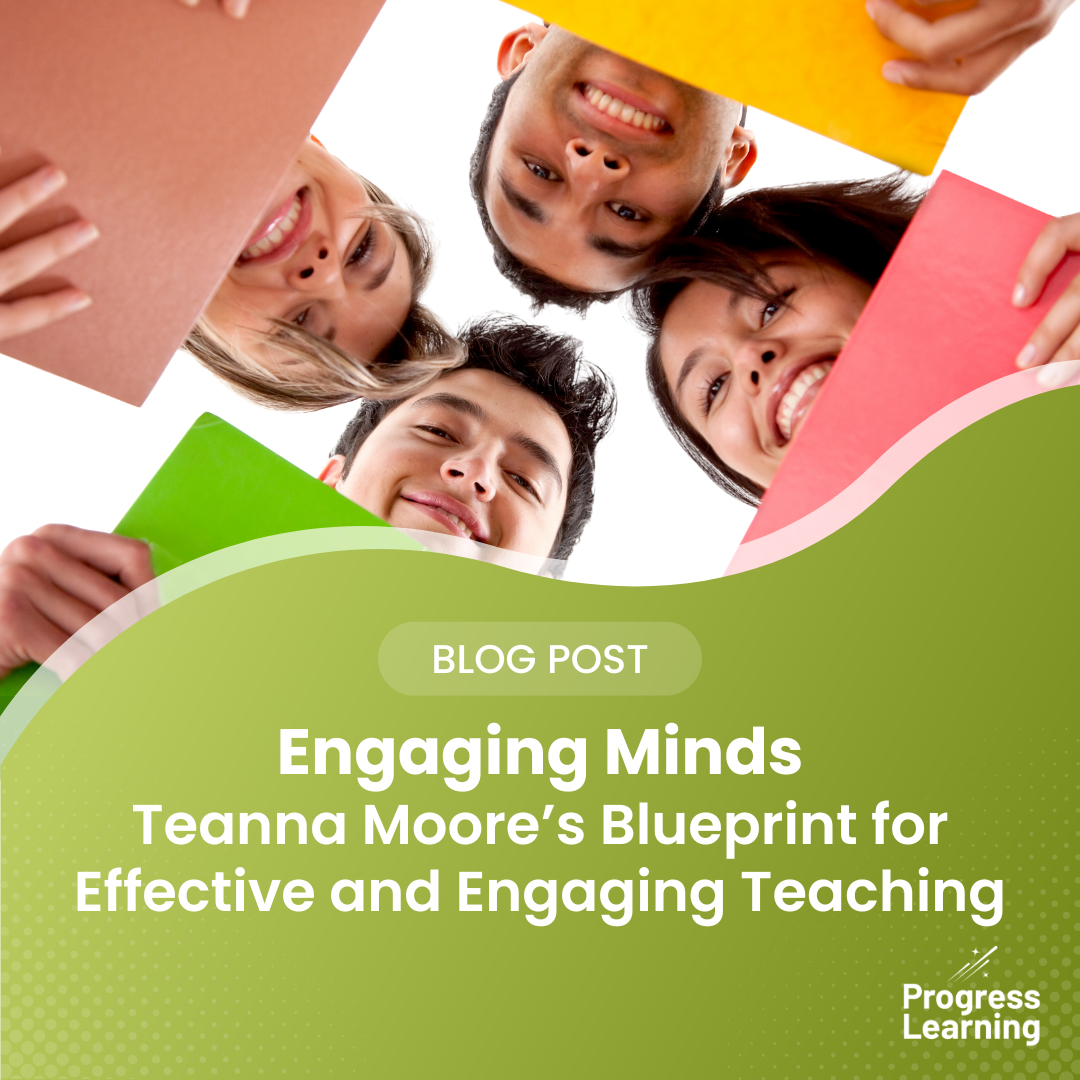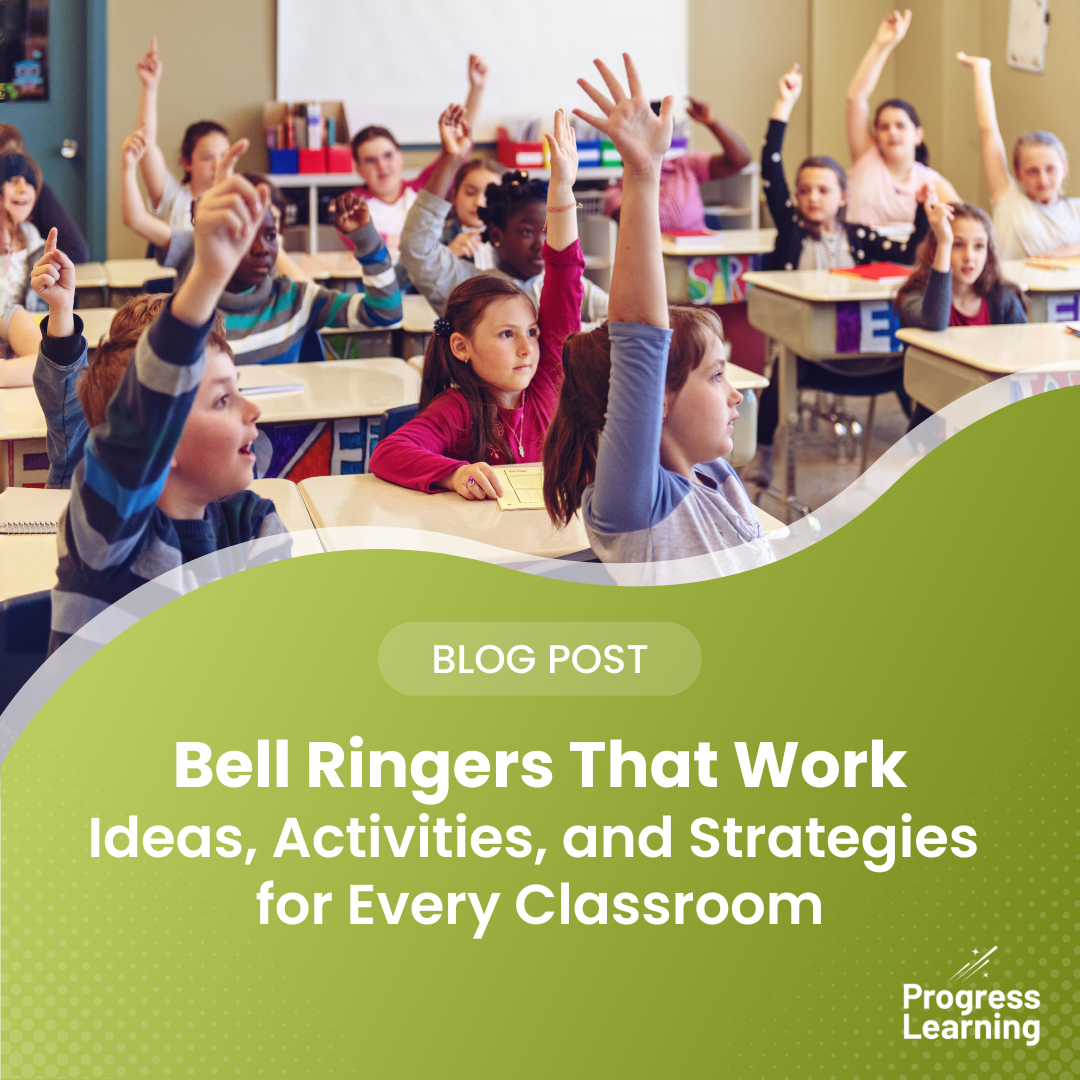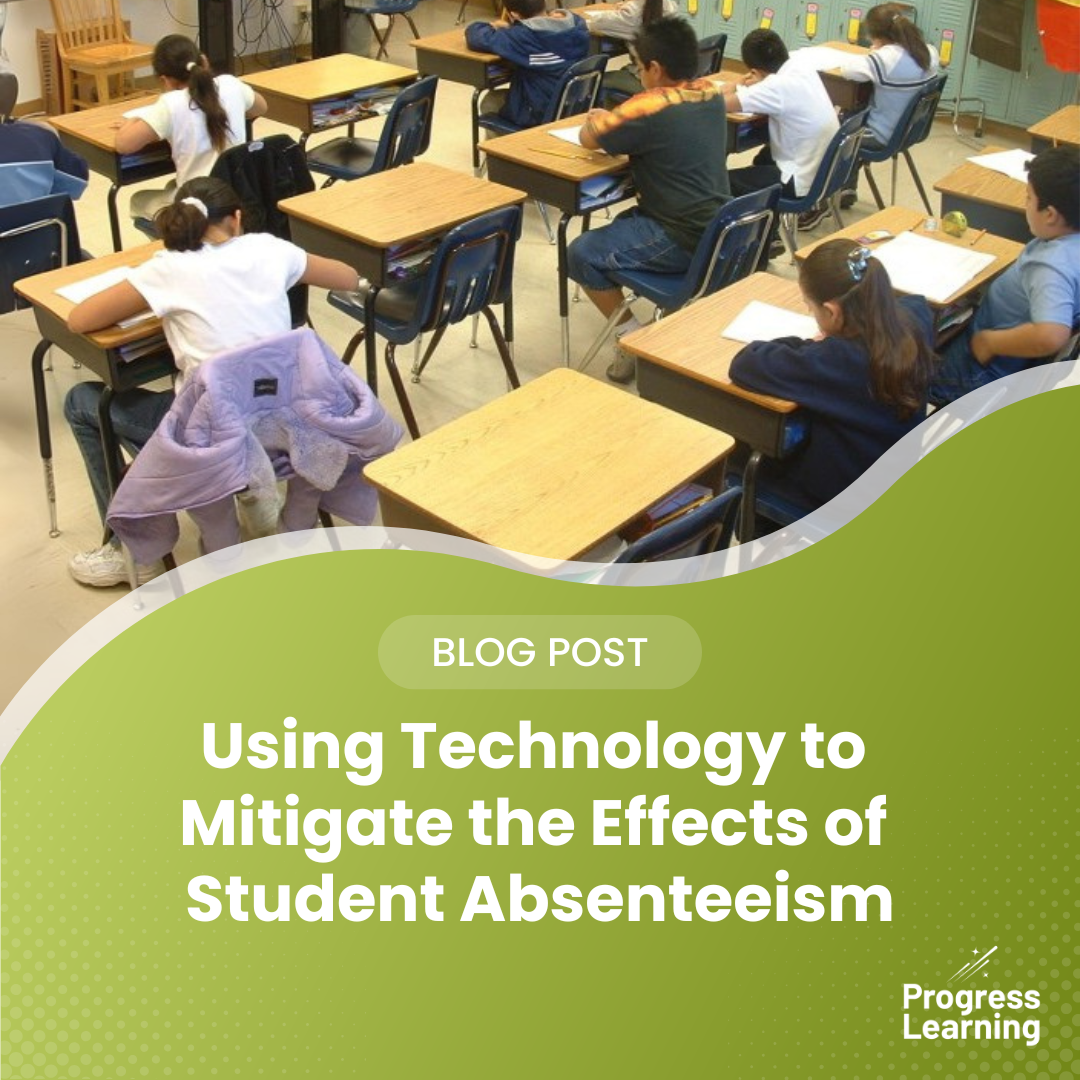Preparing for South Carolina’s Read to Succeed Program: Making the Most Out of Summer Reading
South Carolina’s Read to Succeed (R2S) Act, first passed in 2014 and significantly revised by Act 114 in 2024, continues to reshape how schools approach literacy in the early grades. With the summer fast approaching, schools and districts are once again preparing to implement one of the law’s most visible components: summer reading camps for third graders who have not met state reading proficiency benchmarks.
But making these camps effective isn’t just about compliance—it’s about transformation. Here’s what you need to know and how to make these summer programs truly impactful.
A Quick Refresher: What Is Read to Succeed?
The Read to Succeed Act is a statewide literacy initiative that aims to ensure all South Carolina students read on grade level by the end of third grade. The 2024 amendment (Act 114) deepens this focus with a strong emphasis on:
- Evidence-based reading instruction rooted in the science of reading
- Structured literacy for all K–5 classrooms
- Professional endorsements for teachers and administrators
- Diagnostic tools and progress monitoring
- Individualized Reading Plans (IRPs) for struggling readers
- Targeted summer interventions
Educators across early childhood, elementary, ESOL, and special education—as well as principals—are now required to complete specific R2S coursework or professional development such as LETRS training to meet state endorsement requirements.
Spotlight: Third Grade Summer Reading Camps
The most immediate summer priority under R2S is ensuring that students who score “Does Not Meet Expectations” on the SC READY Reading assessment receive appropriate intervention through summer reading camps.
Overview
- Instructional time: Four hours per day, four days per week, for six weeks—or 96 total instructional hours
- Delivery: Instruction must be provided by trained and endorsed teachers
- Expansion: SRC requirements will extend to first grade in SY 2025–26 and to second grade in SY 2026–27
Goals of These Camps:
- Raise reading proficiency to meet revised SC READY cut scores
- Provide small-group and individualized instruction by experienced, endorsed teachers
- Use alternative formative assessments or reassessment to demonstrate proficiency
- Support continued development of reading, writing, listening, and research skills
Who’s Leading the Work?
Districts have flexibility in how they implement these camps, but they are expected to use certified educators who meet R2S training requirements. This often includes teachers who have completed LETRS training or hold a Literacy Teacher or Literacy Coach endorsement. Instructional assistants or interventionists may also support delivery, as long as core instruction is led by appropriately trained staff.
Making Summer Work: How to Design an Effective Reading Camp
- Leverage R2S-Endorsed Staff: Use teachers who are already equipped with the tools and training required under R2S. This ensures instructional consistency and fidelity to the science of reading.
- Use Diagnostic Data to Drive Grouping and Instruction: Start with clear data—whether from SC READY, MAP Growth, or Progress Learning diagnostics—and use that to create targeted student groups and individualized learning plans (IRPs). This helps ensure students aren’t just participating—they’re making measurable gains.
- Incorporate Progress Monitoring: Track student progress weekly. Tools like Progress Learning make this easy by offering real-time reports that align with SC standards and clearly highlight where students are progressing—or where they still need help.
Motivation Matters: Getting Students to Buy In
Summer learning can feel like a tough sell. Here’s how districts are building excitement and engagement:
- Gamify the experience. Use gamified learning tools (e.g., Progress Learning’s Galaxy Stars) to incentivize mastery.
- Use challenges and incentives. Offer rewards like free time, recognition, or classroom raffles for consistent effort.
- Balance rigor with creativity. Once core instruction is completed, offer fun literacy projects, STEM tie-ins, or even seasonal activities to keep energy high.
Making the Case for Summer Reading
Buy-in starts with understanding why this matters. For students, success at summer camp may mean avoiding retention. For schools and districts, it’s about closing persistent literacy gaps and setting kids up for long-term success. And for educators, it’s an opportunity to implement everything they’ve been trained to do—using evidence-based instruction that works.
Programs like Progress Learning support this mission by offering:
- Pre- and post-assessments that mirror actual test formats
- Real-time remediation and intervention
- Independent practice that’s standards-aligned and student-approved
Preparing for Read to Succeed isn’t just a checkbox. It’s a chance to change reading outcomes across South Carolina. With strong staffing, the right tools, and an intentional focus on both rigor and engagement, summer reading camps can deliver more than compliance—they can deliver results.
Are you a South Carolina educator? Subscribe below to get more insights right to your inbox


